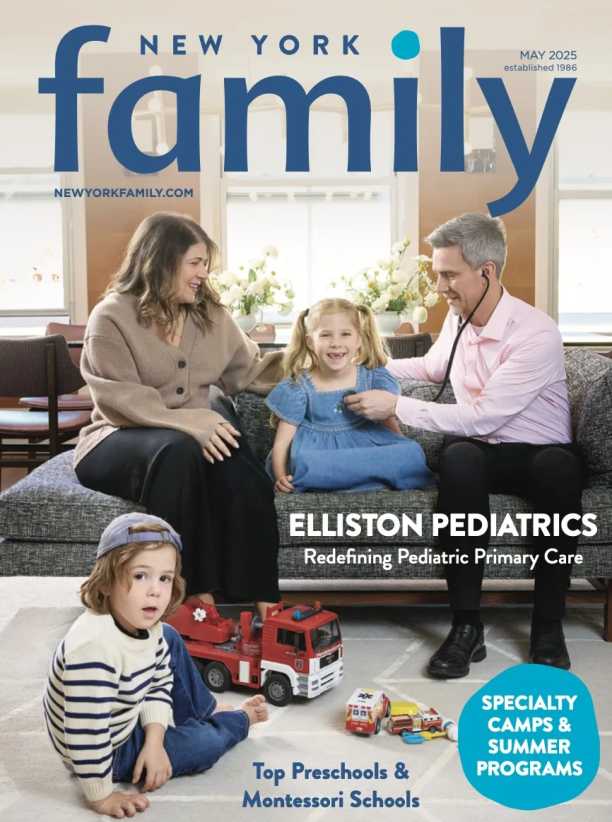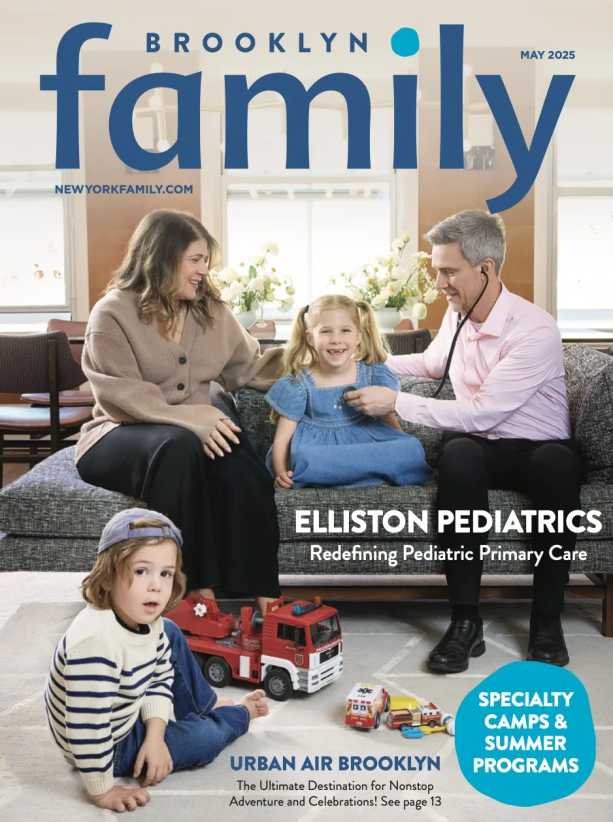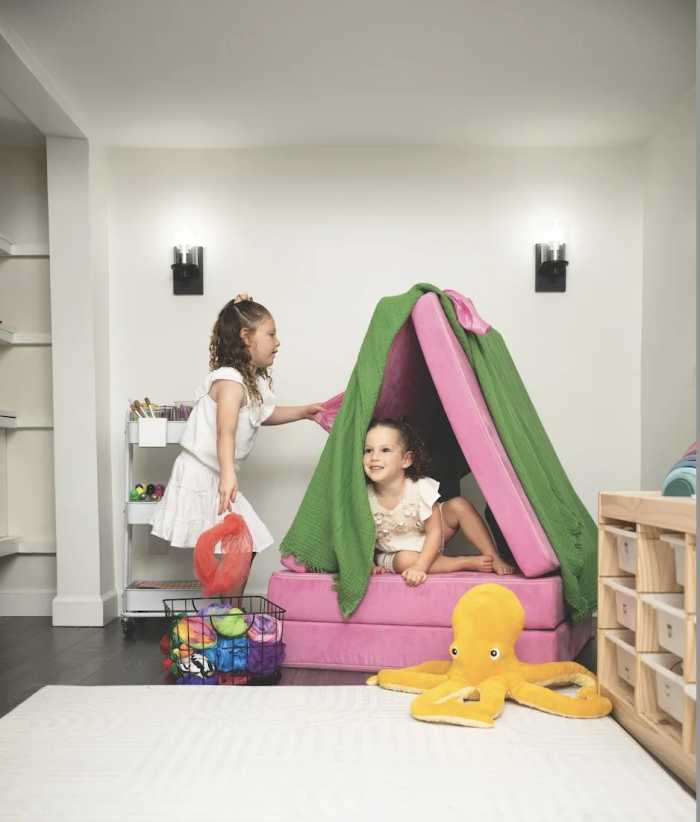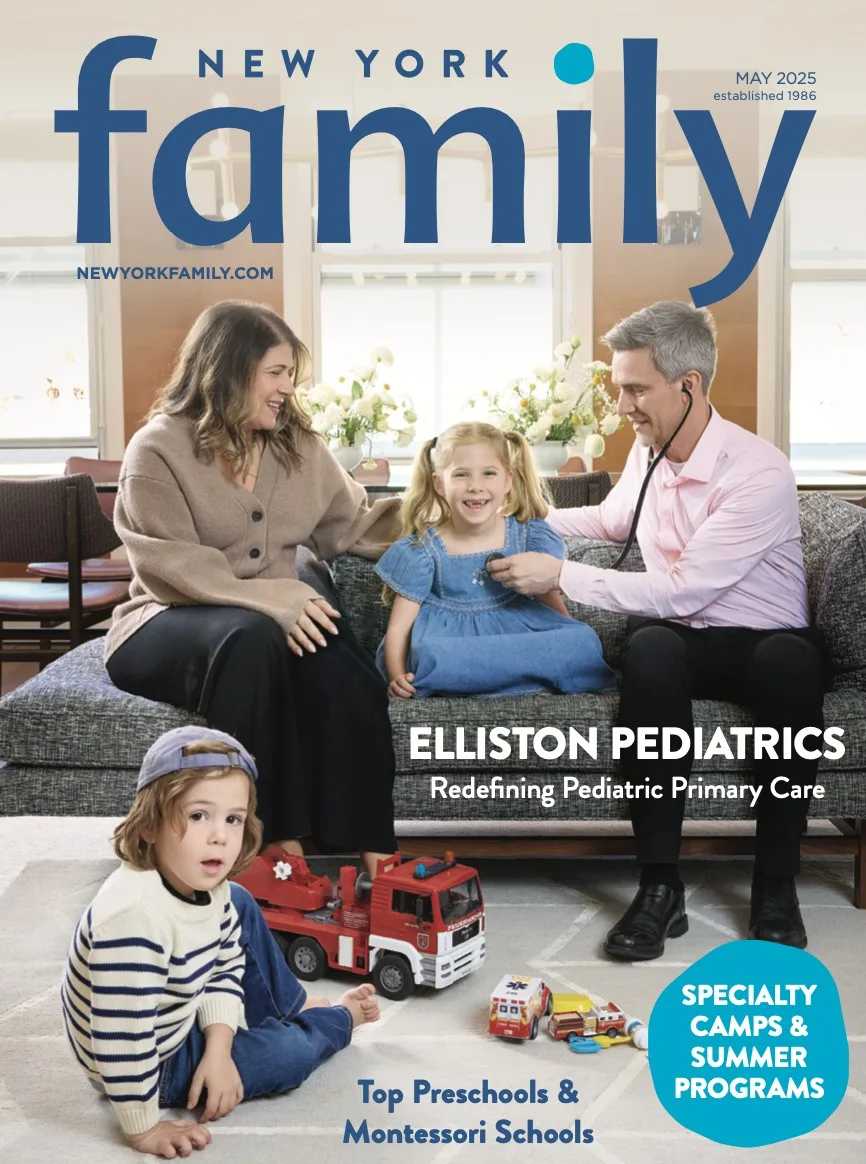 As first-time parents, Brooklyn-based author Bruce Feiler (The Council of Dads) and his wife, Linda, found themselves completely overwhelmed with the notion of raising twin girls while trying to develop a family identity. Searching for answers from friends and relatives proved fruitless. Met with the same tiresome answers from the same conventional sources, the author decided to turn to the minds of Silicon Valley, corporate America, and the military for more innovative solutions. The product of a three-year quest to uncover the best family-building strategies and methods from some unexpected and sometimes counterintuitive sources, The Secrets of Happy Families provides parents with a fun and introspective set of fresh ideas for developing and maintaining family harmony.
As first-time parents, Brooklyn-based author Bruce Feiler (The Council of Dads) and his wife, Linda, found themselves completely overwhelmed with the notion of raising twin girls while trying to develop a family identity. Searching for answers from friends and relatives proved fruitless. Met with the same tiresome answers from the same conventional sources, the author decided to turn to the minds of Silicon Valley, corporate America, and the military for more innovative solutions. The product of a three-year quest to uncover the best family-building strategies and methods from some unexpected and sometimes counterintuitive sources, The Secrets of Happy Families provides parents with a fun and introspective set of fresh ideas for developing and maintaining family harmony.
What was the inspiration for the book?
I think that the inspiration came out of a very simple emotion: We were completely lost, frustrated, desperate, and we did what a lot of people do—we would call our parents, even though their experience is so outdated, it’s almost quaint. We’d also reach out to friends and on Facebook, and everyone was just as clueless as we were. And I almost felt a little annoyed with the “family improvement” industry—the self-help books, the shrinks—there were no new ideas coming from that space. And yet, in every other area of contemporary life—whether it’s Silicon Valley, or corporate America, or the military, or sports teams—there are all these incredible ideas about teams and groups running more smoothly. My thinking was to go to these people, find out what they’re doing with their “families,” and then test-drive the concepts at home.
Who is this book for? Are you gearing it to a particular type of parent?
It’s aimed at the parents with kids in the “golden age” of childhood—from first step to first kiss. It’s about a decade-long window where you have a dwindling opportunity to create a family culture.
Would you say that every family out there has their own unique identity (set of values, traditions, etc.)?
Every parent I know worries about teaching their kids values. The question is this: How can you expect your children to follow your values when you never properly identify and articulate them?
If I were to identify one of the top things we took from [writing] the book, it was creating a family mission statement, which was derived from popular commercial branding techniques. We started listing our values, came up with a set of statements that describe who we are, and narrowed it down. The final now hangs in our living room. The mission statement forced us to distinguish values we might admire from those we hold dear.
In the process of writing and researching the book, were you and your wife implementing these ideas as you went along?
She was a little wary at first, but now she is so much more gung-ho than I am. The family meeting is her single favorite thing about this family now. We basically give our children a much greater hand in their own upbringing. The book has around 200 new ideas. We still go back to it every now and again whenever we need a reboot. The ideas we were using a year ago are very different from the ideas we’re using now.
Why is this concept of being adaptive so alien to some people?
Adaptability goes hand-in-hand with giving your kids more responsibility and acknowledging that parents aren’t invincible. And some people have a really hard time with that. Somebody said: In the dot-com world, if you’re doing today what you did six months ago, you’re doing the wrong thing. And, to me, that completely applies to parenting. My one friend who has four kids under 14, he says everything is a phase—even the good parts. It sounds like such a simple idea, but it’s incredibly profound: Adapt all the time.
Among your findings, what would you say genuinely surprised you?
When you’re disciplining your children, sit them in upright chairs with cushioned surfaces. When we sit on rigid surfaces, we are more rigid and inflexible, and when we sit on cushioned surfaces, we’re more open and accommodating. So literally how you sit can affect the way your family interacts.
[And] when it comes to sex, it’s not the talk; it’s a series of talks. You’ve got to give up the idea that you get one talk about the birds and the bees with your children. You should be starting as early as—and I know this sounds nuts—18 months, with identifying anatomy and using proper words. I was totally that loser that spoke to “down there” and “privates” and made the jokes about guys having to come through me and the shotgun to date my daughters. Guilty as charged.
You talk a lot about getting kids more involved in their upbringing. Why is that a good approach?
First off, I think parents need to be parents. I’m not suggesting you be lax or let the kids run the asylum. But basically there are two primary reasons: 1) No one segment of society is more top-down today than it was a decade ago, whether it’s corporate America or the military. Every aspect of contemporary life is all about collaboratively bringing the best ideas together and abandoning the kind of top-down paradigm we’ve seen for so long. 2) Abundant brain research shows that children who pick their own rewards and punishments and monitor themselves build up their brain and end up with higher self-esteem and more independence in their lives.
You mentioned technology as a challenge to families today. Is it the problem, the solution, or a little bit of both?
I personally think technology is a somewhat neutral force. I believe that there are tremendous advantages in using technology to bring families together; my children Skype with their grandparents, and mobile devices make it easier to check in with your children when they’re not directly in front of you, thereby giving them some more freedom where you don’t have to hover over them all the time.
The problems arise when parents use technology as a babysitter. We all do it sometimes, like when we travel, but it’s when we regularly outsource that to the technology that it’s a problem. And it’s a problem when we don’t help children set limits so they can fit [technology] into the larger array of things we want them to be experiencing.
You touch on spiritual well-being as it pertains to healthy family function. In what ways do you think religious families have an edge over their agnostic or atheistic counterparts?
Let me say that 50 years of literature supports the idea of families having a religious or values-based identity [which] makes them happier. One common explanation is that people who are religious tend to have this large support community and clearly established core of ethics and morals. Nothing in the research suggests that you need a specific tradition or that not having one means you’ll have a more difficult time. The chief takeaway is making sure that your family is clear about your values and interacts with neighbors, community, and extended family.
QUICK TIPS FOR FAMILIAL BLISS
The Secrets of Happy Families provides hundreds of fresh ideas about fostering happiness and chemistry within your family. Here are a few of the counterintuitive takeaways:
- Everything is a phase so prepare to adapt all the time. “Strong families are structured yet flexible,” says Feiler, “and they adjust in response to stressful situations.”
- Have the sex conversation as soon as your kids can talk. From identifying anatomy (penis or vagina versus “privates”) to making sex an ongoing conversation rather than a singular discussion, parents can lessen the sense of taboo and instill reasonable, responsible understandings about sexuality.
- Let your kids pick their punishments. Giving your children more of a hand in their upbringing boosts confidence and instills a sense of personal responsibility.























